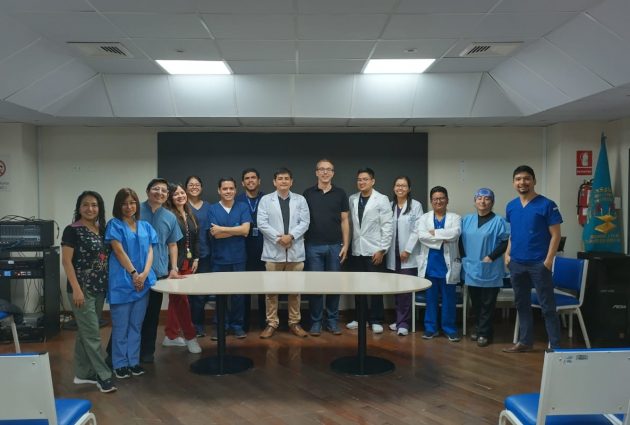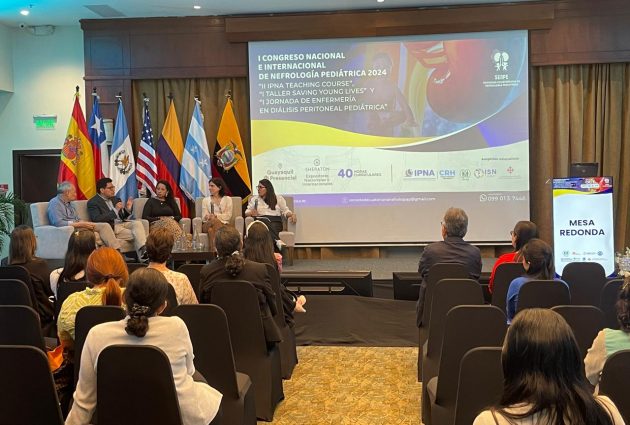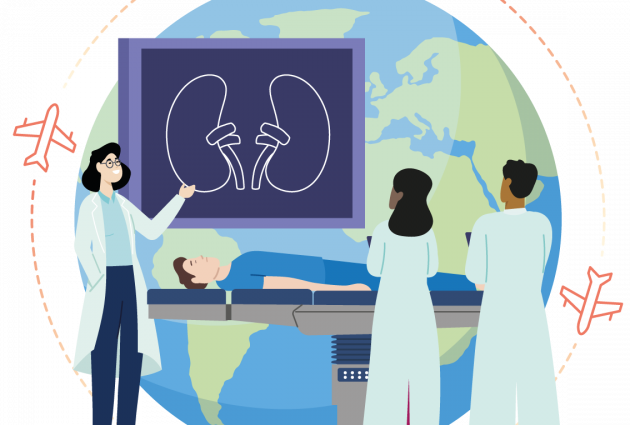Learning lessons from Hong Kong’s ‘PD First Policy’
Between 2.3 and 7.1 million people die annually from End-Stage Kidney Disease (ESKD) due to a lack of access to dialysis. As a high-income country with expertise in peritoneal dialysis (PD), Hong Kong has a lot of practical experience to offer its neighboring low- and middle-income countries in tackling this growing issue.
I highlighted the importance of global access to integrated ESKD care at the Hong Kong Society of Nephrology’s recent Annual Scientific Meeting.
Hong Kong can have a substantial impact on the goal of increasing global access to integrated ESKD care, building more capacity in low- and middle-income countries. PD is a safe and effective form of dialysis. Above all, it is cheaper than hemodialysis (HD), making it a more suitable option to care for patients in low- and middle-income countries.

With its PD First Policy, Hong Kong has a greater percentage of dialysis patients on PD than any other country, and excellent outcomes. The PD First Policy was established in 1985. In 30 years, through this policy, Hong Kong has built up a successful model of practice and enhanced support to patients.
According to published figures, switching to PD is a more cost-effective way to manage the growing number of ESKD patients as HD is 3.6 times more expensive in Hong Kong. In 2013, 76% of dialysis patients were treated with PD, which is the highest percentage in the world.
Read more about the PD First Policy in The Lancet Kidney Campaign update written by Asian Pacific Society of Nephrology President Philip Kam-Tao Li and entitled: Peritoneal Dialysis: perspectives from Hong Kong, Asia Pacific and beyond. CLICK HERE.











